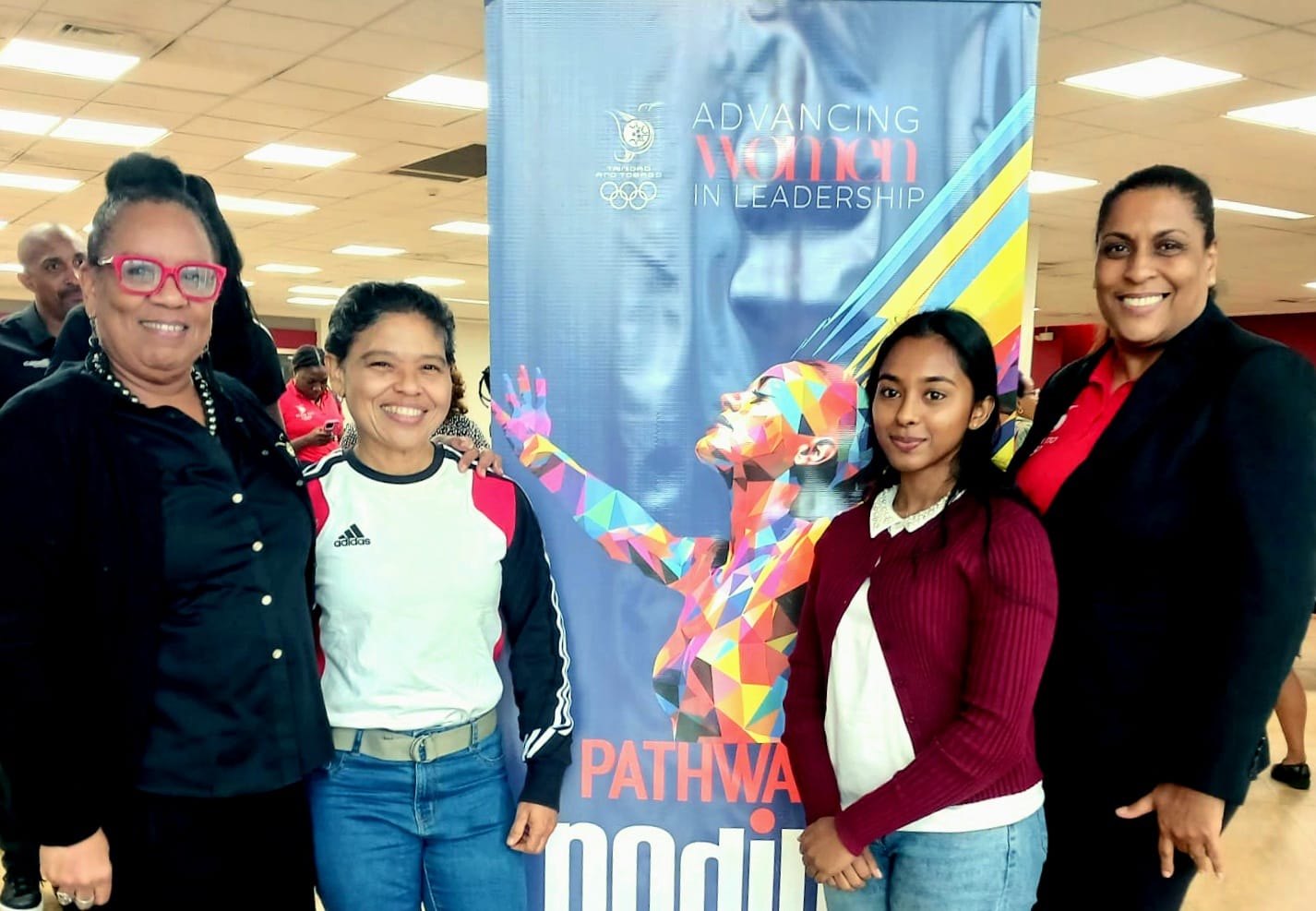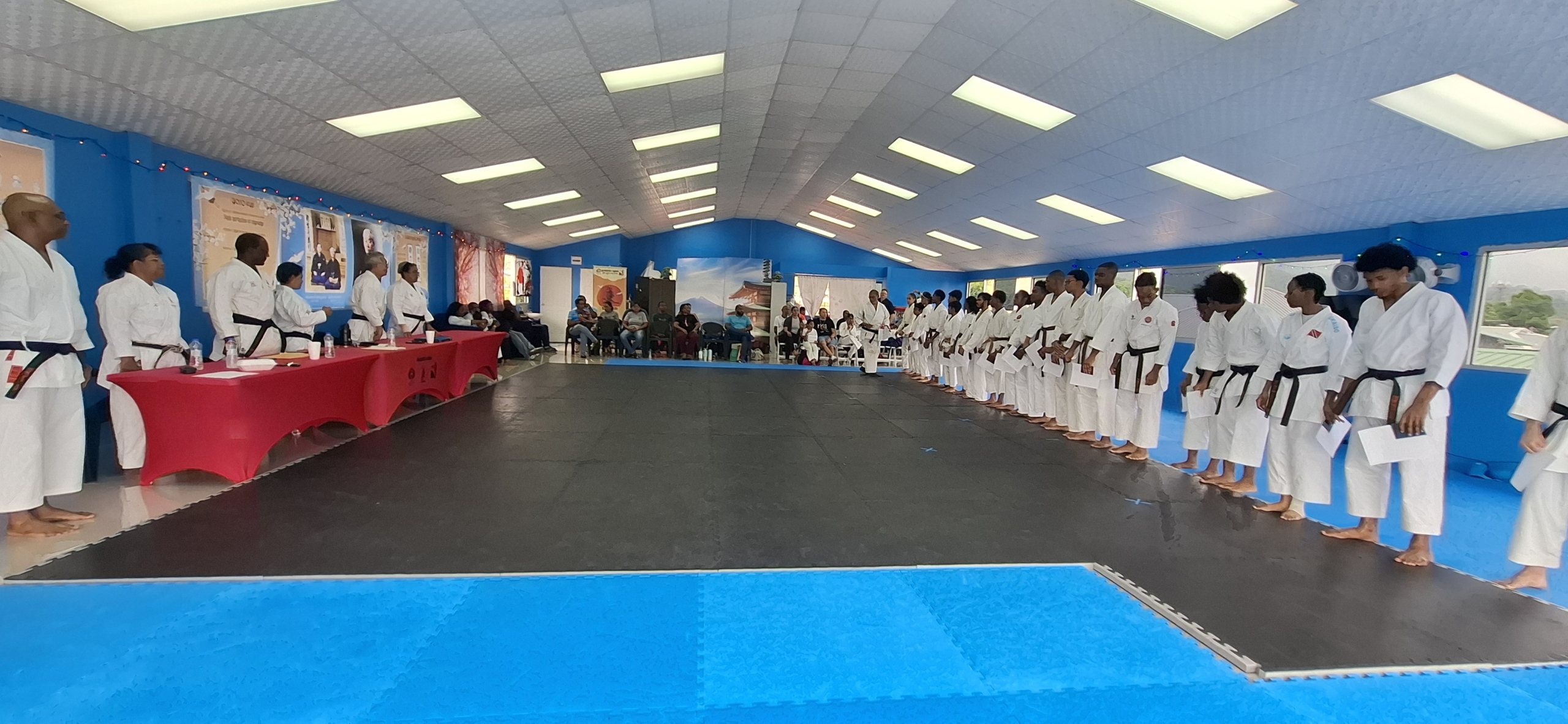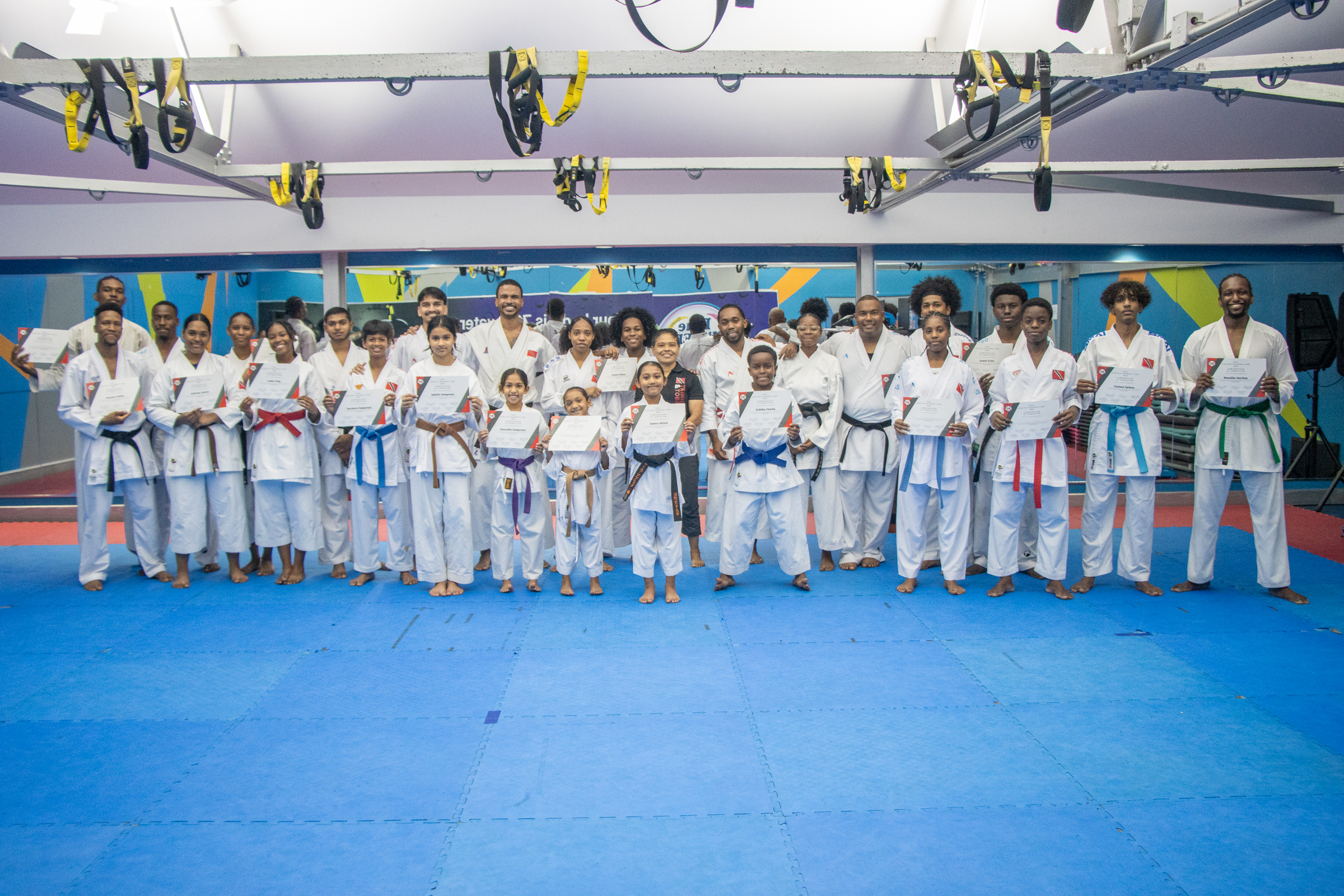From left to right: Annette Knott – General Secretary of TTOC, Nicole Lambie – Chief Instructor of TKA and interim President of TTKU, Chelsea Mohan – National Karate Athlete and Sonja Johnson (R) – Vice President of TTOC and Chair of Gender Equity Commission.
Dr. Nicole Lambie (Chief Instructor of TKA and interim President of TTKU) and Chelsea Mohan (National Karate Athlete) represented TTKU at the Trinidad and Tobago Olympic Committee's Annual Advancing Women in Leadership seminar. This year under a bold and inspiring theme: "Pathway to the Podium: Building Future Olympians" had a call to action: a national commitment to elevate Trinidad and Tobago's female athletes to Olympic podiums, World Championships, and world-ranking events.
The message was clear: female athletes are not just participating; they are preparing to win.
Key Contributors
TTKU Representatives
Dr. Nicole Lambie
Chief Instructor of TKA & Interim President of TTKU
Chelsea Mohan
National Karate Athlete
Sport Scientists
Dr. Shernice Thomas
Sport Scientist
Dr. Candice Thomas
Sport Scientist
Exercise Physiologists
Gregory Seales
Exercise Physiologist
Keva Stephens
Exercise Physiologist
Andre Williams
Sports Psychologist
A central focus of the seminar was the integration of sport science and evidence-based practices into the development of female athletes. Sport scientists, Dr. Shernice Thomas and Dr. Candice Thomas, along with exercise physiologists, Gregory Seales and Keva Stephens, emphasized the importance of using the Long-Term Athlete Development (LTAD) Model alongside a Holistic Athletic Framework tailored to the realities of Trinidad and Tobago.
They reinforced a critical truth in women's sport performance:
The Menstrual Cycle Cannot Be Underrated
Hormonal fluctuations affect strength, endurance, injury risk, recovery, mood, and energy availability. Understanding an athlete's cycle allows coaches to adjust training loads, optimize peak performance windows, and reduce preventable injuries.
This is not an add-on. It is essential science necessary for preparing future Olympians.
Biological Monitoring: PHV and Why It Matters
The presenters also highlighted the importance of monitoring Peak Height Velocity (PHV) — the period of fastest growth during adolescence. PHV is a valuable indicator of biological maturation, particularly for young female athletes who often develop earlier and progress faster than males.
Using PHV in training plans helps coaches:
- • Train athletes according to developmental age and not their chronological age
- • Recognize early or late maturation patterns
- • Prevent overtraining during sensitive growth phases
- • Design developmentally appropriate strength, skill, and conditioning programmes
- • Create long-term performance pathways that match each athlete's physiological timeline
By tracking PHV, coaches and sport scientists can design programmes that respect the unique growth patterns of female athletes, laying a stronger foundation for long-term success on the podium.
Holistic Development Beyond the Physical
The Holistic Athletic Framework emphasized that elite performance is built on more than physical preparation. It includes:
- • Injury prevention
- • Nutrition and energy availability
- • Mental resilience
- • Cognitive performance skills
- • Life balance and social support
- • Gender-specific physiological considerations
Together, these components ensure that athletes develop sustainably from grassroots to elite international performance.
Support Systems and Mental Resilience
The seminar also reinforced the power of support networks. Coaches, psychologists, families, mentors, and administrators play critical roles in helping athletes navigate pressures, transitions, and gender-specific challenges that women in sport often face.
A major point highlighted by sport psychologists, Andre Williams, and professional athletes, Teniel Campbell and Ayana Hutchinson-Britton, was the value of mental health and cognitive frameworks in performance. Athletes must be trained not only for physical intensity but also for emotional endurance, focus, confidence, and coping with adversity.
Threaded throughout the discussions was a simple but profound mantra that resonated with every participant. This statement captures the lived reality of women in sport — facing barriers, biases, injuries, setbacks, and still choosing to rise. It became the heartbeat of the seminar and a rallying cry for future champions.
Toward a Future of Podium Success
A deeper scientific integration, improved support systems, and a national vision that refuses to settle for mediocrity — Trinidad and Tobago is building a stronger foundation for women in sport. The "Pathway to the Podium" is no longer a dream but a deliberate, structured plan supported by science, community, and resilience.
And as the athletes of tomorrow rise through these improved systems, they will carry with them the words that define their journey:
"I will get up and I will keep moving forward"




